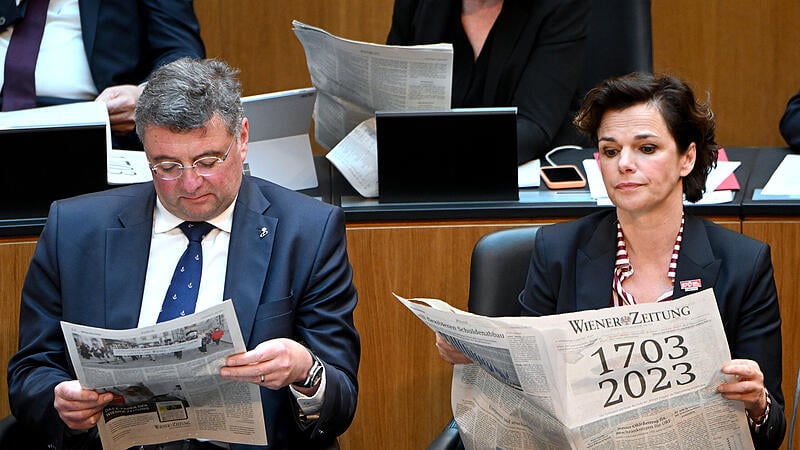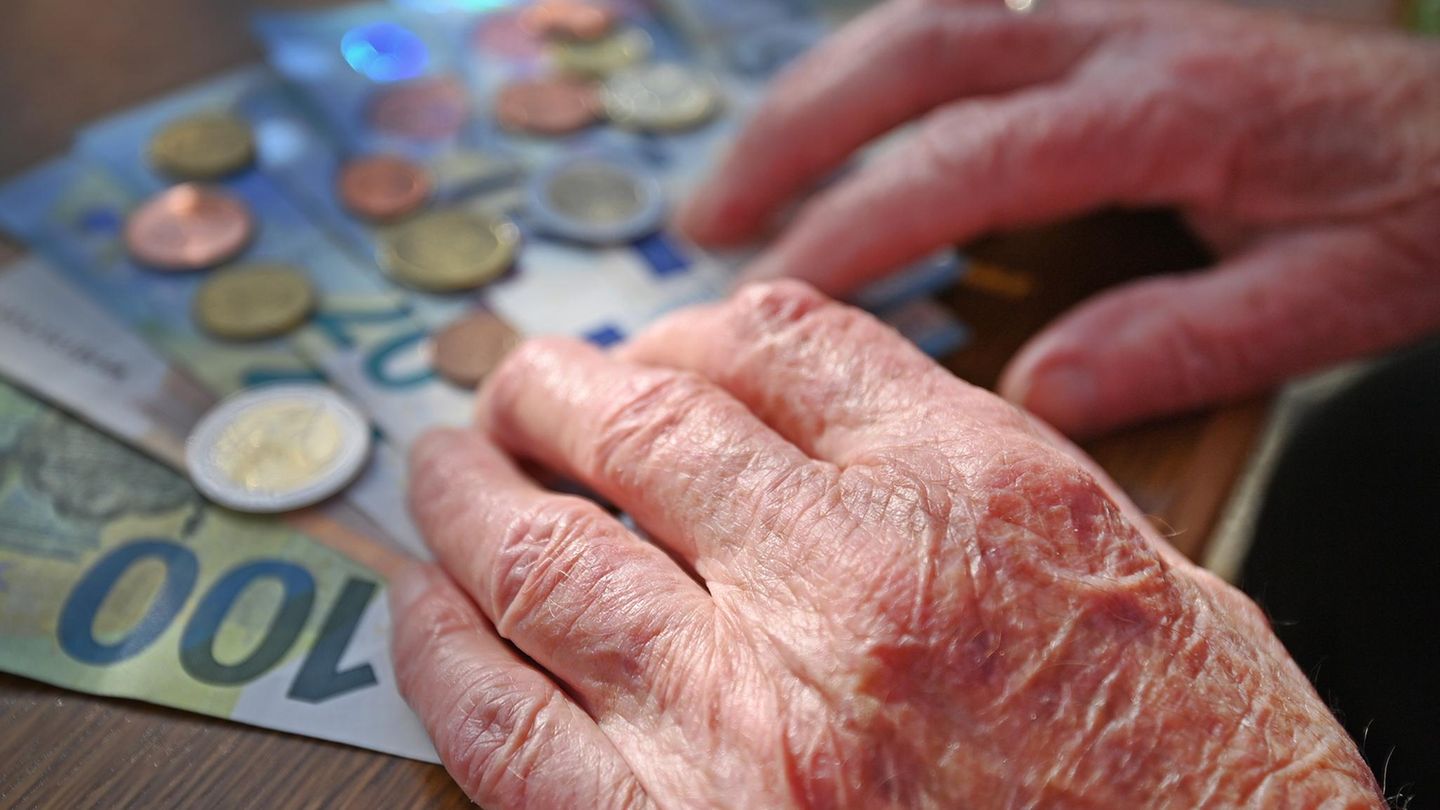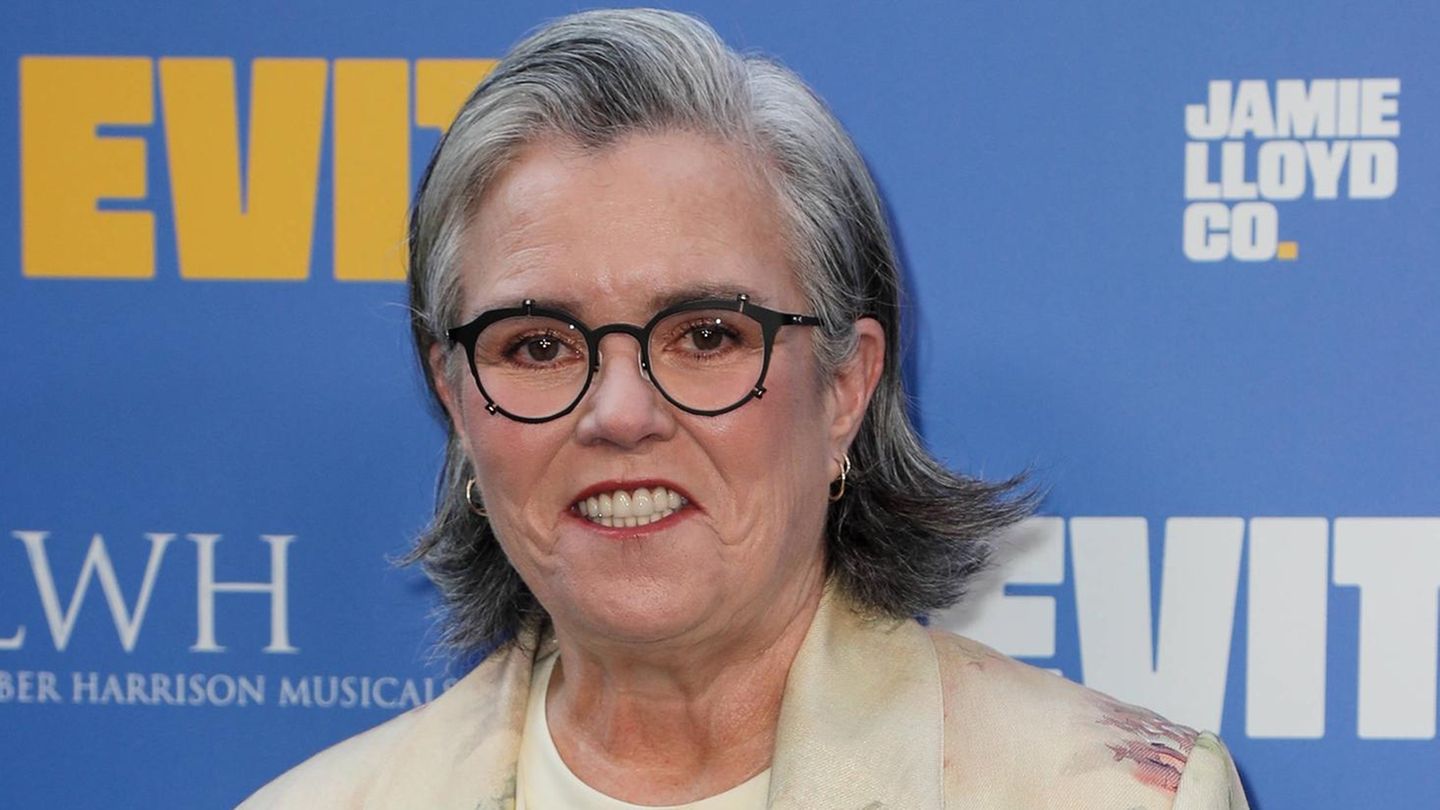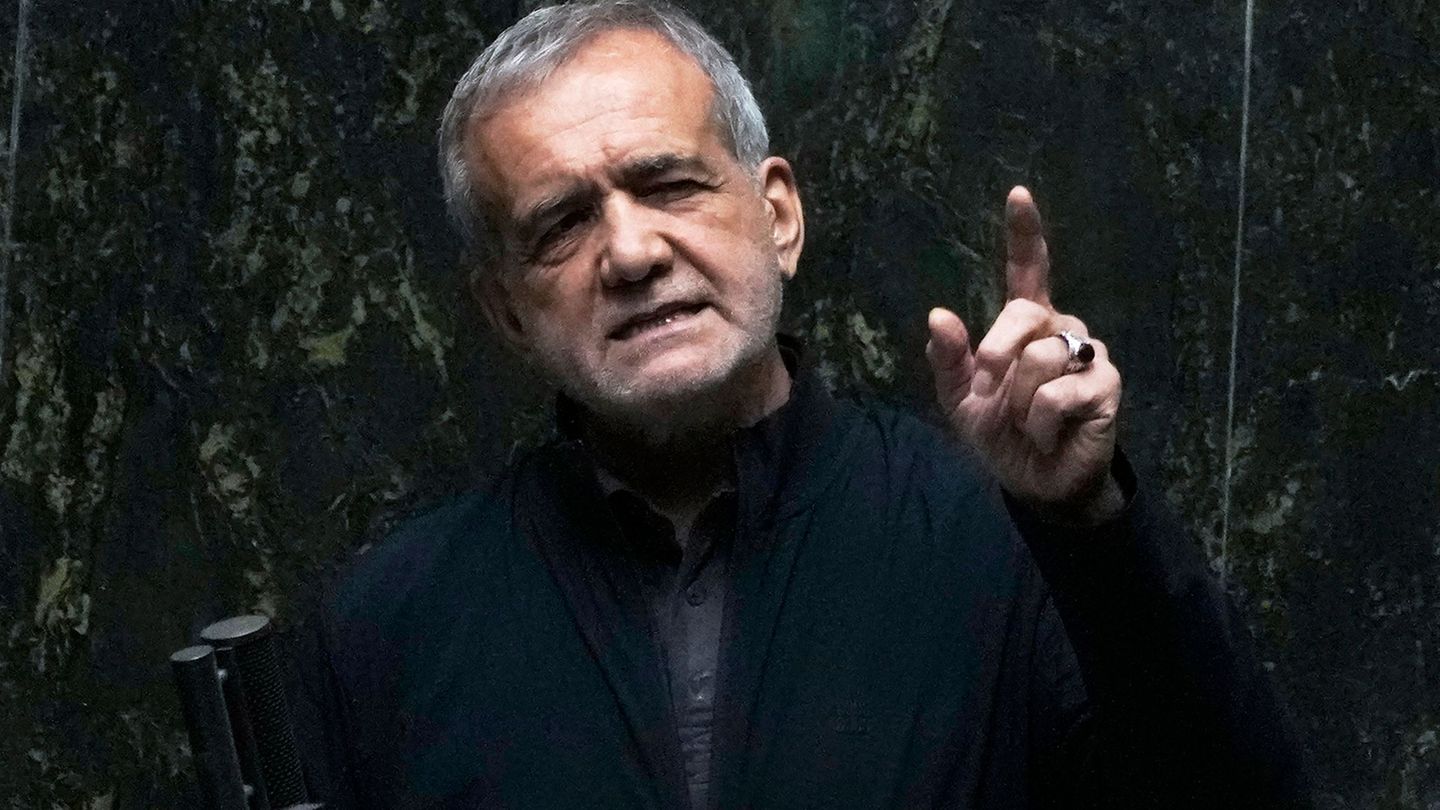Image: ROLAND SCHLAGER (APA)
SPÖ, FPÖ and NEOS urgently appealed to the government to refrain from converting the “Wiener Zeitung” into a digital medium. But the ÖVP and the Greens were convinced that the chosen solution was the best. Because the previous funding has been lost due to EU requirements.
Since the obligation for companies to publish in the Official Journal had to be abolished, the 320-year-old “Wiener Zeitung” will in future only be published online and, at most, monthly in paper form. The motions by the SPÖ and FPÖ to refer the law back to the constitutional committee and to look for a better solution there failed because the ÖVP and the Greens said no. But the vote was by name, as requested by the SPÖ. 162 votes were cast, 88 were yes, 74 no.
SPÖ: “Media and cultural-political disgrace”
“This is a black day for Austria as a media location,” said the deputy. SPÖ club boss Jörg Leichtfried opened the debate – and attacked the ÖVP and the Greens head-on: They would “coldly kill” a quality newspaper with “incomprehensible ignorance, aloofness and savagery”, which was a “media and cultural-political disgrace”. At the same time, attempts are being made to nationalize journalism training with the money that the “Wiener Zeitung” needs to continue as before. In the ranks of the SPÖ, especially during the media minister’s speech, the “Wiener Zeitung” was demonstratively read.
FPÖ: “Government wants access”
From the point of view of the FPÖ, the law is “a gross mistake”. The oldest daily newspaper in the world should have been given the opportunity to survive – with privatization or some other way of financing, Harald Stefan noted. Apparently the government chose this path because they wanted to continue to have access. That’s why she’s now giving 20 million euros for, among other things, a “highly questionable journalist training course in the Federal Chancellor’s chain of command.”
Very sharp words from NEOS
NEOS boss Beate Meinl-Reisinger said very sharply: In “incompetence, short-sightedness, baseness or arrogance of power” – one of which is guaranteed – the government is making a “historic mistake in its media policy”. With the end of the print newspaper, the ÖVP and the Greens are also “gravediggers” of democracy. Burying independent journalism, at the same time establishing state journalism training in the Chancellery and generously equipping a “de facto digital monopolist” with the new ORF law (presented yesterday) – “that’s Cuba’s method and Hungary’s as a result”. “Viktor Orban would be very proud,” the NEOS boss told the government.
ÖVP: “Wiener Zeitung will continue”
Media Minister Susanne Raab (ÖVP) countered these accusations. “Anyone who speaks of the abolition of the ‘Wiener Zeitung’ is telling an untruth,” she told the opposition. The newspaper will continue to exist under the new business model, with digitization one can secure “this good journalism, which works against fake news” for the future and make it accessible to a wider audience. As far as journalism training is concerned – that is already available in the “Wiener Zeitung” and it will continue to be “obviously not offered in the Federal Chancellery but in the editorial office”.
ÖVP-Abg. Kurt Egger sees a further step towards achieving the government’s media policy goals, namely to secure a diverse media location and independent journalism, to contribute to the development of quality journalism and to accompany domestic media houses into the digital future.
Greens: “Terrible decision”, but “way to the future”
The Greens weren’t exactly happy, but they were loyal to the line. “Do you think it’s fun for us to make these terrible decisions,” club boss Sigrid Maurer replied to the opposition – but then showed confidence that the conversion to a digital medium “can work out well”. You have “great trust in the independent editorial team”. Media spokeswoman Eva Blimlinger admitted that she was originally “natural” for keeping the “Wiener Zeitung” in print. But there was no good solution for it, so you go the new way of transformation – “I’m sorry, but it’s a way into the future”.
The necessary two-thirds majority was found – thanks to the approval of the SPÖ – the amendment to the Media Transparency Act presented by the government, with a few amendments added by motion. The amendment provides for more transparency in public advertisements. From 2024, ministries and other public bodies that run advertising campaigns with a volume of 150,000 euros or more must publicly inform about the content, duration, budget and target groups of the campaign and explain why the campaign is necessary.
If the campaign exceeds EUR 1 million, an impact analysis must also be carried out. Also new is the obligation to report all paid advertisements and advertisements to KommAustria. The de minimis limit of 5,000 euros and the previous limitation of the disclosure obligation to periodical media no longer apply. In addition, the individual advertising motifs will also have to be published if the total amount of orders per half year exceeds EUR 10,000.
The third part of the media package proposed by the governing parties is still on hold. The new funding pot for quality journalism must first be approved by the EU under state aid law.
Source: Nachrichten




